Rehab 4 Addiction can help you to choose the perfect addiction treatment programmes and services for drug and alcohol addiction in Glasgow and across the greater West of Scotland region.
This person-centred care includes home drug or alcohol detoxification, outpatient treatment services, and fully or quasi-residential/inpatient rehab treatment services.

Treatment programmes in Glasgow typically begin with a drug and alcohol detox, although this depends upon the nature and duration of your addiction.
Addiction can look like alcohol use disorder, binge drinking and ending up in hospital.
However, it’s also possible to develop behavioural addictions such as gambling addiction, shopping addiction or love/sex addiction.
Rehab can treat a wide range of addictions, to help you recover long-term.
If you are a family or friend of those suffering from substance use disorder we can link you with a professional intervention service in Glasgow.
There are many drug recovery services who can help.
Facilities include drug and alcohol rehab treatment providers supported by Glasgow City Council, charities, and many other addiction treatment programmes.
Addiction recovery can be hard, but there are so many dedicated services designed to make it as easy as possible.
Recovery is possible with addiction support from some of the best Scotland drug and alcohol rehabs.
Glasgow addiction services can help you achieve long-term recovery.
You can find more information about health in Glasgow at the Glasgow Centre for Population Health.
Rehab 4 Addiction in Glasgow
Address: Fitzgerald, Isherwood and Orwell Rooms Regent Business Space ,2nd Floor, Left Wing, 180 West Regent Street, Glasgow, Glasgow. G2 4RWTelephone: 0141 413 5294
Business hours: Open 24 Hours/7 days a week
Services in Glasgow: Addiction Treatment, Alcohol Detoxification, Alcohol Rehabilitation, Drug Rehabilitation, Residential Rehab for Addiction, Alcohol Home Detox
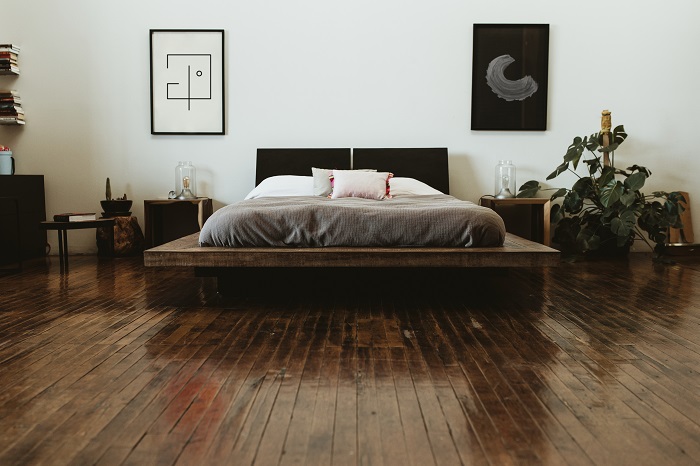
Whilst there is no shortage of quality drug and alcohol rehabs in Glasgow city centre, it is vital you choose a programme that is suited to your particular needs.
Get this decision incorrect, and you risk relapse, if not an early grave.
Over the last decade, Rehab 4 Addiction has built up a stellar record for placing those suffering from substance use disorder into rehab centres in the Glasgow area.
This service means your chances of beating drugs or alcohol are significantly increased.
This is because we place you in a centre that’s optimised for treating your particular addiction and any associated mental and emotional problems you may face.
For more information about drug and alcohol rehab in Glasgow, contact our team on 0800 140 4690

The rehab process in Glasgow is tailored to ensure your best chance of long-term recovery.
Rehabs use evidence-based, approved treatments designed by specialists.
Fully qualified therapists, doctors and nurses will be at hand to help you with any obstacles you may face.
They’re also armed with medications, therapies, and detox plans which have supported thousands of people to achieve sobriety.
To get the help you need from drug or alcohol rehab Glasgow, give our team a call today on 0800 140 4690.
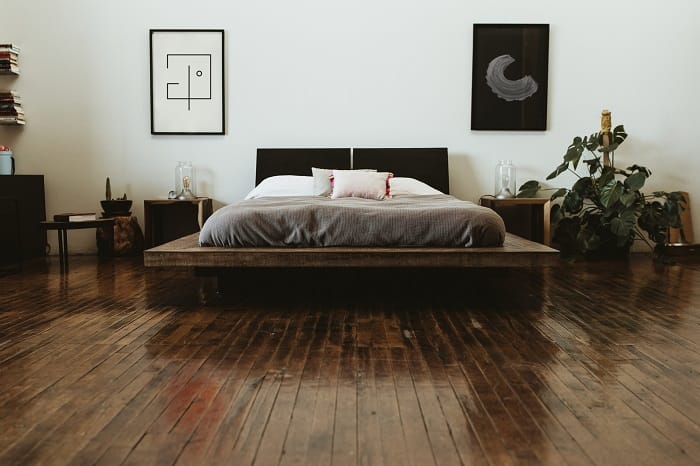
Residential rehab in Glasgow (inpatient rehab treatment centres) are rehabilitation centres where you live in your rehab clinic for a period of time.
These addiction treatment programme offer higher levels of attention and more treatment options than outpatient or public-funded healthcare programmes.
Inpatient treatment programmes at rehab are suitable for a wide range of potential clients such as:
If you’re unsure whether a residential drug and alcohol rehab in Glasgow is the right choice for you, call us today on 0800 140 4690
We can help you find a rehab treatment programme in your area
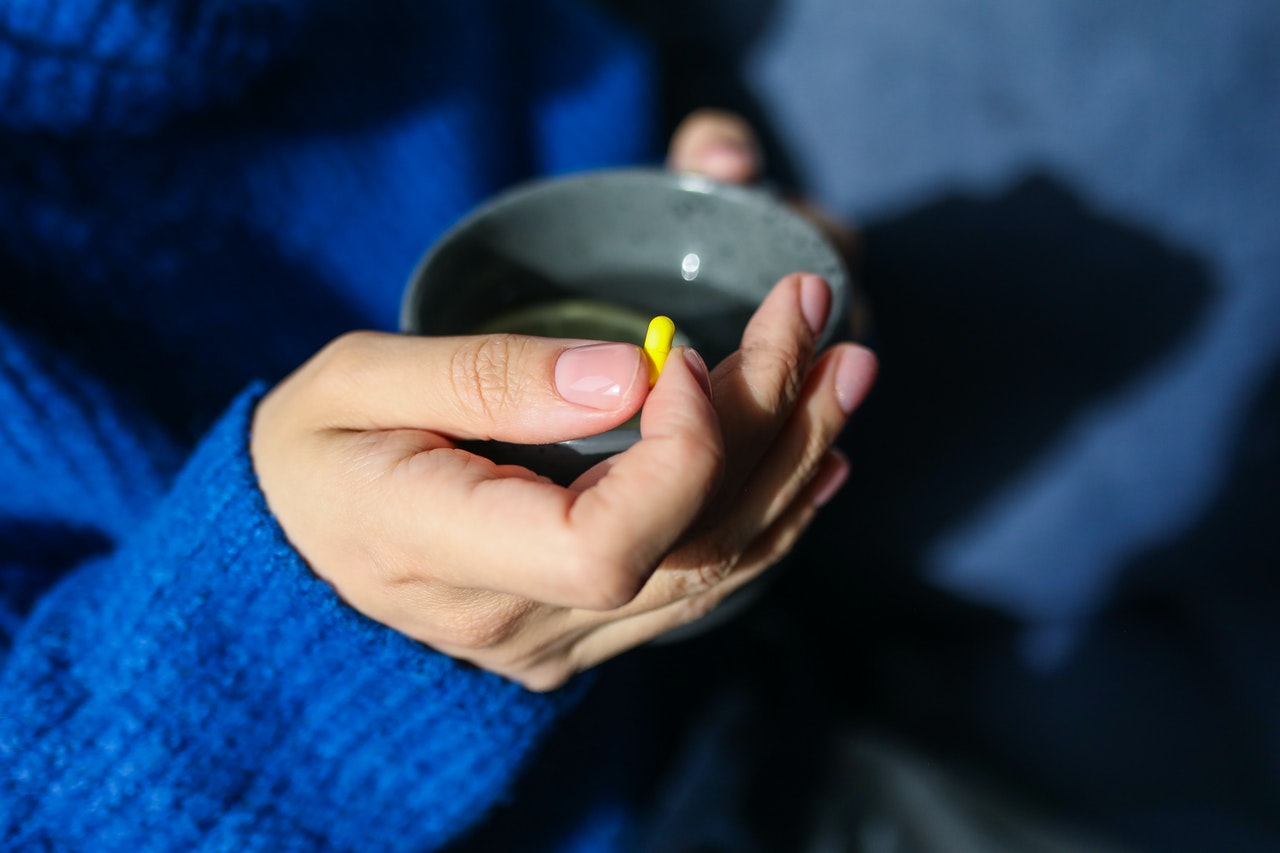
To get the help you need from drug or alcohol rehab Glasgow, give our team a call today on 0800 140 4690.
Yes, rehab can also deal with addictions such as:
To get the help you need from drug or alcohol rehab Glasgow, give our team a call today on 0800 140 4690.

Drug addiction is split into two groups: substance-related disorders substance use disorder and substance-induced disorder.
Both of these groups have a crucial role in the treatment and diagnosis of substance use and addiction.
The DSM-5 is used globally and is useful because it takes into consideration multiple factors such as patient needs and experiences with substances.
Get access to the best drug and alcohol rehab in Glasgow by calling our team today on 0800 140 4690
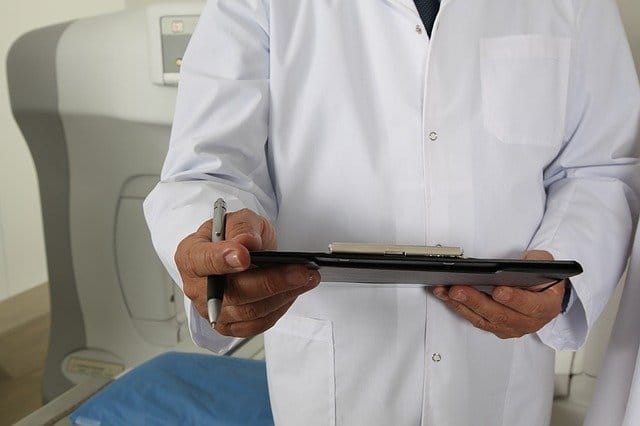
The ASAM Criteria [5] is used by healthcare professionals across the world, including in Glasgow.
It is considered the most comprehensive set of guidelines for the placement and discharge of patients with addictions and also those with co-occurring conditions.
You’ll be asked some questions at rehab about how often you think about, engage and spend time recovering from your addictive substance or behaviour.
The criterion uses six dimensions to create a complete psychiatric assessment of an individual for use in primary care settings.
Once this information is compiled it is used to determine the most appropriate levels of care.
To learn more about the use of the ASAM Criteria at drug and alcohol rehab in Glasgow, call us on 0800 140 4690
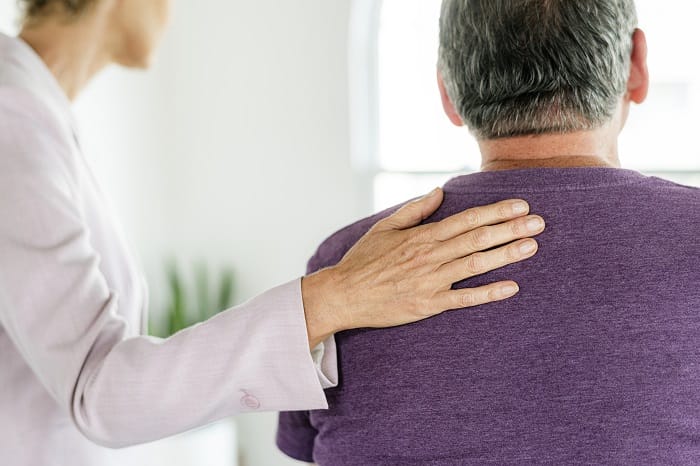
Interventions are a way to help motivate a loved one or friend into treatment in Glasgow.
These are gatherings where you confront your loved one while giving them friend/family support to discuss getting help for addiction like rehab.
Finally, you can offer treatment options if your loved on is open to the idea of recovery.
Helping someone you care about can be challenging.
Instead of bombarding the person facing addiction, learning more about effective communication can help to facilitate long-lasting recovery efforts.
To get the help you need from drug or alcohol rehab
Glasgow, give our team a call today on 0800 140 4690
We can help you find drug addiction treatment plans in your area

If you opt for a lone alcohol or drug detox at rehab, which usually lasts around 10 days, prices in Glasgow begin at £3,000 and can increase up to around £6,000.
Prices for a dual occupancy room in a lone medically-assisted alcohol or drug detox programme often range from £2,000 to £4,000.
If you are looking for a fully comprehensive, 28-day rehab programme, you could expect to pay anywhere between £8,000 to £12,000 for a single occupancy room or around £6,000 for a multiple occupancy room, where you will share amenities with others seeking treatment.
To get the help you need from drug or alcohol rehab Glasgow, give our team a call today on 0800 140 4690.
At-home alcohol and drug detoxes are a cheaper option, though they propose much greater risks of relapsing.
These programmes begin from around £1,500 though more exact prices can be provided when you enquire through our helpline and begin your pre-admission psychological assessment.
To get the help you need from drug or alcohol rehab Glasgow, give our team a call today on 0800 140 4690.

The total price of your stay at a drug and alcohol rehab in Glasgow depends upon many factors such as:
You may not have to pay, as your insurance may cover it, and it’s possible to get an NHS referral.
For a more accurate estimation of how much your time at drug and alcohol rehab in Glasgow will cost, call us today on 0800 140 4690
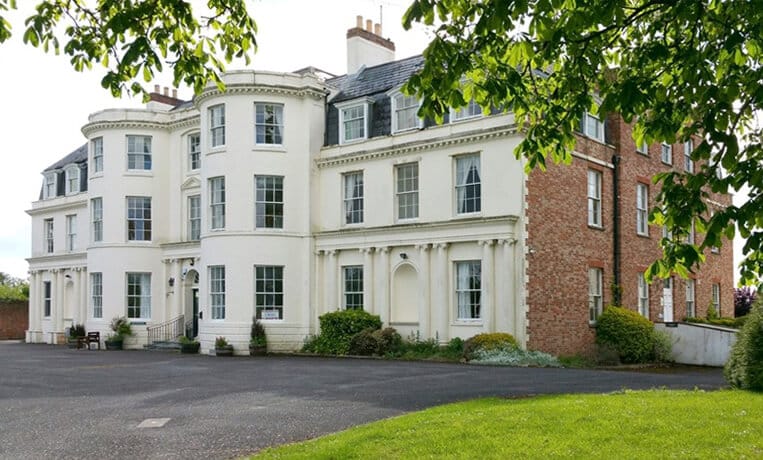
Private drug and alcohol rehabilitation in Glasgow brings with it many benefits, as listed below:
Private alcohol rehab or drug rehab also means that your treatment can begin immediately.
However, you may want to understand more about the benefits NHS treatment in Glasgow can provide, such as:
NHS greater Glasgow and Clyde offer many free rehabilitation options.
Glasgow is home to many facilities including private and free healthcare clinics.
Most rehabs will offer a free addiction assessment at no obligation.
To get the help you need from drug or alcohol rehab Glasgow, give our team a call today on 0800 140 4690.
In an addiction assessment at rehab, you’ll receive information about the steps involved in your recovery journey.

There are a few ways you can go to rehab without footing a big bill.
To get the help you need from drug or alcohol rehab Glasgow, give our team a call today on 0800 140 4690.
If you have private medical insurance, you may be able to go to rehab for free.
Many of the top private medical insurance companies will cover rehab.
This includes:
However, you should check your policy, as some private medical insurance providers offer different packages which may vary.
Whether you’d like to go to rehab in Glasgow city centre, the outskirts, or another city across the UK, there are many private rehabs to choose from.
To get the help you need from drug or alcohol rehab Glasgow, give our team a call today on 0800 140 4690.
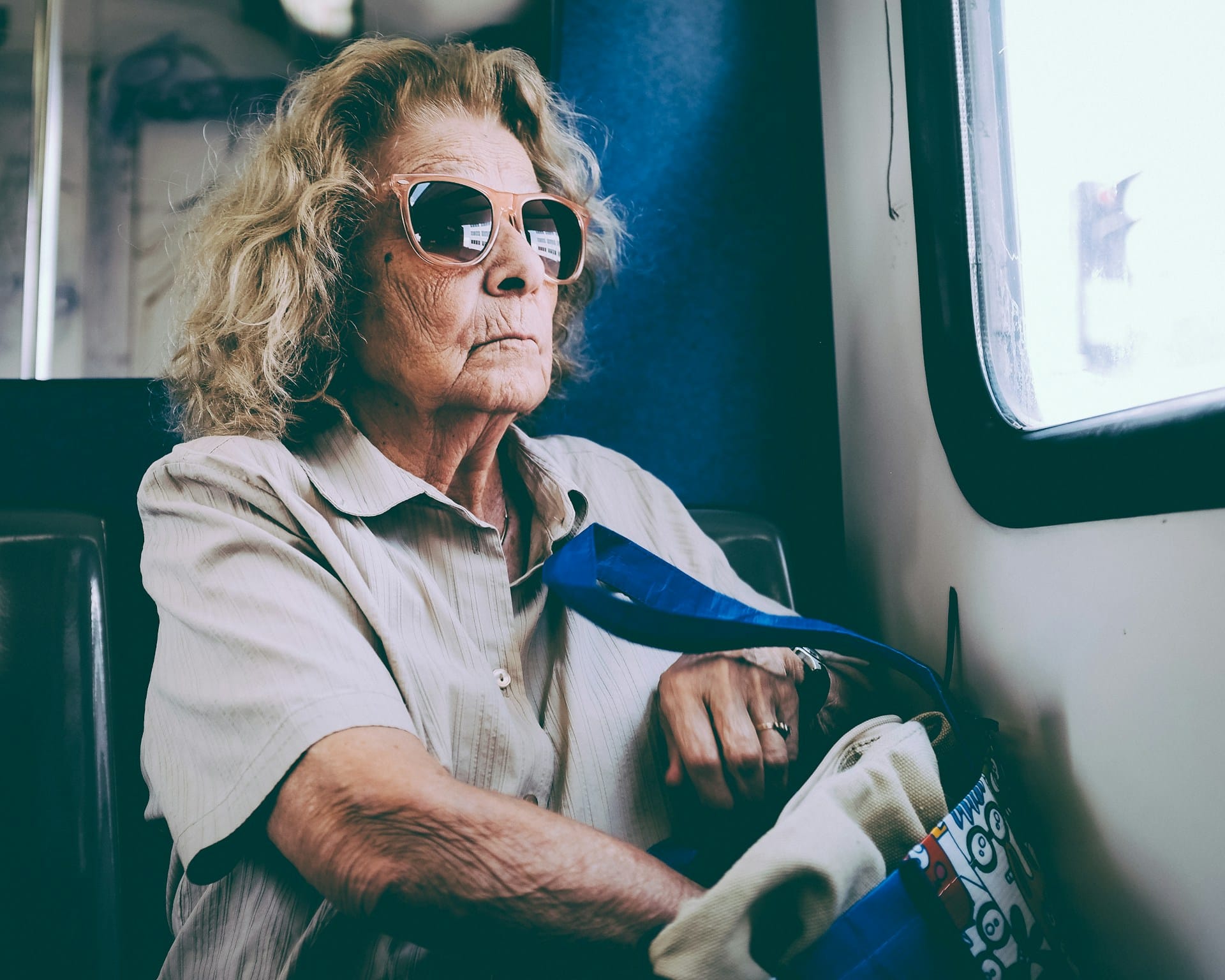
Recovery models come in many shapes and sizes.
Free and NHS-run treatment services available in Glasgow [7] include:
Address: 80 Tradeston St, Glasgow G5 8BG
Telephone: 01414 206 969
Website: https://turningpointscotland.com/directory/glasgow-alcohol-and-drug-crisis-service/
Address: 199 Sauchiehall St, Glasgow G2 3EX
Telephone: 0808 010 1011
Website: http://www.sfad.org.uk/Glasgow
Address: Barr St, Glasgow G20 7LR
Telephone: 0141 277 7175
Address: The Newlands Centre, 871 Springfield Road, Glasgow
G31 4HZ
Telephone: 0141 565 0200
Website: https://www.yoursupportglasgow.org/directory/providerdetails/49806

Address: 891 Garscube Road, Glasgow, G20 7ER
Telephone: 0141 201 5500
Address: Westwood House, 1250 Westerhouse Road, Glasgow G34 9EA
Telephone: 0141 276 3420
Address: Mercat 2, 35 Hecla Avenue, Town Glasgow, Postcode, G15 8LU
Telephone: 0141 276 4330
Website: https://www.scottishdrugservices.com/Home/Details/52
To get the help you need from drug or alcohol rehab Glasgow, give our team a call today on 0800 140 4690.
Address: 7-19 Hecla Square, Drumchapel, Glasgow G15 8NH
Telephone: 0141 276 4330
Website: https://www.needleexchange.scot/Home/Details/147
Address: 7-19 Hecla Square, Drumchapel, Glasgow G15 8NH
Telephone: 0141 276 4330
Website: https://www.nhsggc.scot/your-health/right-care-right-place/addictions/
A twelve-step programme.
Address: The Barn, 37 Abbotsford Pl, off Cumberland St, G5 9QS
Telephone:
Website:
Address: St Dominic’s Church 247 Mossvale Road Glasgow, G33 5QS
Telephone: 0370 050 8881
Website: https://ga-scotland.org/00diary/
Address: St Dominic’s Church 247 Mossvale Road Glasgow, G33 5QS
Telephone: 0141 800 0670
Address: Stobhill Hospital Nevis Building 133 Balornock Road Glasgow, G213UW
Telephone: 0141 201 3102
Website: https://www.sfad.org.uk/service/crisis-outreach-service-glasgow-city-only
Address:
Telephone: 0141 420 6969
To get the help you need from drug or alcohol rehab Glasgow, give our team a call today on 0800 140 4690.

If you are interested in recovery but cannot currently drug or alcohol rehab treatment due to prior commitments or the cost of a residential programme, it may be beneficial to know that there are other options.
Addiction treatment programmes come in many shapes and sizes, and some are completely free to attend.
To get the help you need from drug or alcohol rehab Glasgow, give our team a call today on 0800 140 4690.
Often communities hold free Alcoholics Anonymous (AA), [9] Narcotics Anonymous (NA) [10] and Cocaine Anonymous (CA) [11] sessions that take place every week in Glasgow.
Alcoholics anonymous meetings and narcotics anonymous meetings are 12-step addiction treatment programmes in Glasgow which can help you connect with local people who are in a similar position to yourself.
These groups can offer a community of peer support that can give you a morale boost and a chance to meet others.
The AA is specifically for alcohol addiction, and Narcotics Anonymous meetings are designed for addiction to other types of drugs and substances.
These are free addiction treatment programmes which are statutory-funded.
To get the help you need from drug or alcohol rehab Glasgow, give our team a call today on 0800 140 4690.
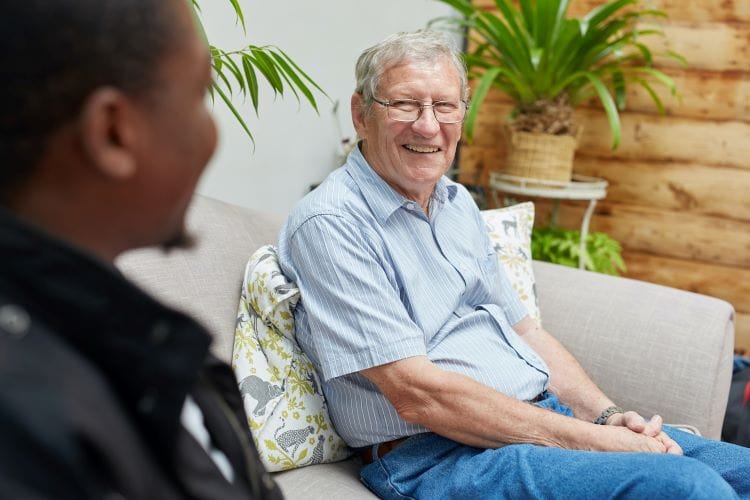
A cheaper option compared to inpatient treatment is outpatient treatment (outpatient therapy).
Outpatient treatment programmes are treatment providers where you continue to live at home but visit your chosen rehab facility regularly for treatment.
Outpatient rehabilitation treatments offers more flexibility, independence, and often, affordability.
To get the help you need from drug or alcohol rehab Glasgow, give our team a call today on 0800 140 4690.
This addiction treatment programme takes place in the home but means that you travel to your chosen clinic to complete therapy sessions.
Outpatient rehabilitation clinics are more flexible, as it allows you to tend to any everyday responsibilities such as work or childcare while you recover.
You’ll visit these treatment centres for daily or weekly catch-up sessions, therapy, detox guidance and aftercare.
To get the help you need from drug or alcohol rehab Glasgow, give our team a call today on 0800 140 4690.
SMART Recovery meetings [12] are addiction treatment programmes where the focus is on the behaviour involved with alcohol and/or drug addiction rather than the substance itself are also very effective.
These meetings also allow you to share your goals for the future instead of focusing on your past.
To get the help you need from drug or alcohol rehab Glasgow, give our team a call today on 0800 140 4690
We can help you find an addiction rehab centre in your area

Al-Anon & Alateen family group meetings in Glasgow are another alternative to rehab.
These addiction treatment programmes are similar to Alcoholics Anonymous but include support for families affected by alcohol use disorder.
For help accessing personalised rehab programmes at drug and alcohol rehab in Glasgow, call our team today on 0800 140 4690

While free treatment options provided by the likes of the NHS have many advantages there are also major downfalls such as:
The negative side to private treatment is often the associated cost.
However, by calling our team today, we can begin to source treatment at a facility suited to your budget.
You can find a comprehensive list of such services here. [8]
For help choosing between private and NHS rehab in Glasgow, call our team today on 0800 140 4690
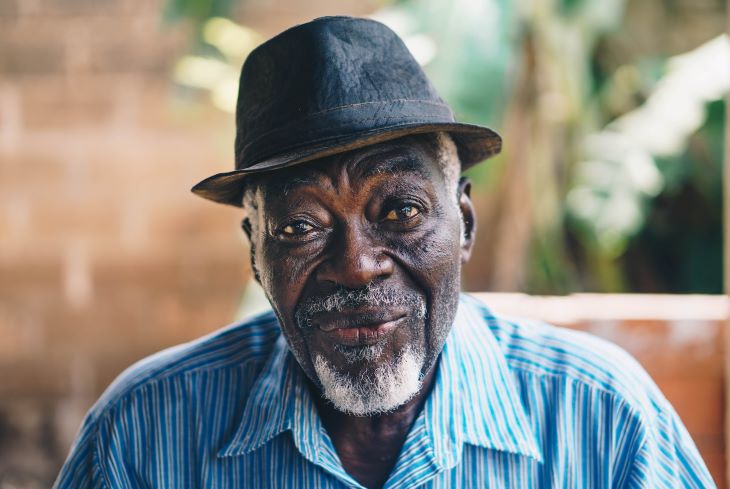
The first very crucial step to recovery is to accept your addiction is a problem, and to be open to the idea of change.
After this, you can begin looking at rehabilitation options.
To get the help you need from drug or alcohol rehab Glasgow, give our team a call today on 0800 140 4690.
During admission, you’ll discuss any behaviours or substances you’re addicted to with a trained consultant.
A medical professional will determine if you have a physical dependence you need medication to withdraw from.
You’ll also go over your treatment plan, and depending on your rehab, you’ll be able to personalise your care package.
To get the help you need from drug or alcohol rehab Glasgow, give our team a call today on 0800 140 4690.
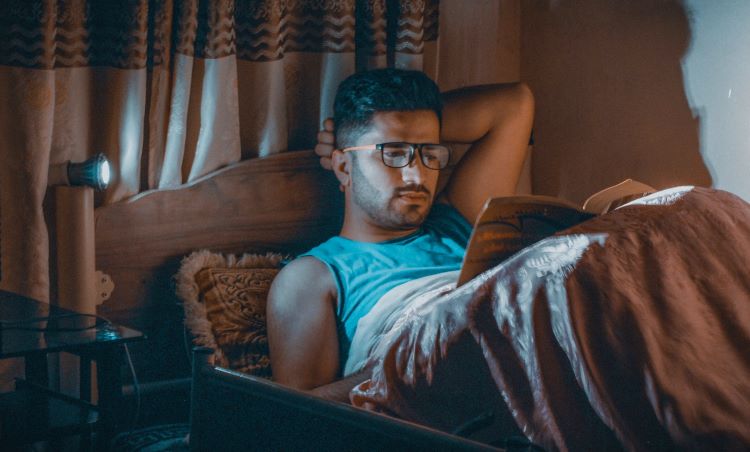
You can get a medical prescription at rehab to help you detox.
Various medications may be prescribed to you during this time such as Librium (A Benzodiazepine/Chlordiazepoxide) which is used for alcohol withdrawals symptoms.
They are typically sent out via post and delivered to your door. These medications can help alleviate discomfort and unpleasantness.
Yes, rehab can treat alcohol use disorder as well as many other addiction.
To get the help you need from drug or alcohol rehab Glasgow, give our team a call today on 0800 140 4690.

Rehab can help you go through alcohol withdrawal. This is the process where your nervous system attempts to readjust to the lack of alcohol.
Without medical care, your body can go into shock and cause alcohol withdrawal syndrome, especially for those facing severe addictions.
The effects of AWS can present in a multitude of ways and can occur within a few hours or a few days after alcohol is last consumed.
Rehab can treat the symptoms of AWS like:
Alcohol detox programmes at rehab can help you receive the right medical support to keep you safe and ensure you complete your detox.
Drug and alcohol rehab clinics in Glasgow can give you a smoother recovery process. Call us today on 0800 140 4690
Dual Diagnosis and Addiction at Drug and Alcohol Rehab Centres in Glasgow
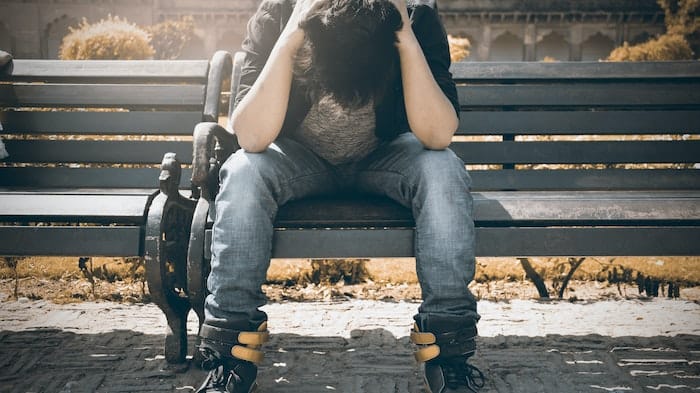
People who are facing addiction often suffer from co-occurring mental health disorders including:
Other aspects that can affect your mental health can include bereavement, break-ups, having a child and other life stressors.
Accessing drug and alcohol rehab in Glasgow can help you address both your addiction and mental health disorders is vital in ensuring a well-rounded recovery.
Mental health treatment is vital in recovery because it can treat the root cause of addiction, and prevent you from self-medicating with drugs or alcohol.
Receiving mental health treatment at rehab can boost your chances of a comfortable detox and long-term recovery.
Trained therapists can help you to work through any unhelpful thought patterns and beliefs that are getting in your way.
Many people struggling with addiction also struggle with mental illness.
This is due to many factors such as:
Separating the signs of substance abuse and mental illness at rehab can be difficult.
People who require dual diagnosis treatment in Glasgow often face very triggering associations therefore a specialist residential programme will always be recommended.
You’ll receive mental health treatment at rehab to ensure the root cause of your addiction is tackled.
Your treatment plan will be specially developed by therapists to ensure your mental health is taken into consideration.
Many people continue mental health treatment as part of an aftercare package, to reduce the risk of relapse after rehab.
To get the help you need from drug or alcohol rehab Glasgow, give our team a call today on 0800 140 4690.

Engaging in mental health treatments approved for recovery can help you process difficult emotions in recovery, and after you exit rehab.
This will help you control your behaviours and make positive changes to your life.
Rehab can support your mental health with:
To get the help you need from drug or alcohol rehab Glasgow, give our team a call today on 0800 140 4690.
Cognitive behavioural therapy is a common type of therapy at rehab that focuses on challenging unthoughtful thought patterns with logic and reasoning.
Rehab uses dialectical behaviour therapy to focus on your emotions, and teach you to manage them in healthier ways.

Alternative therapies at rehab focus on an activity such as music therapy, art therapy and equine therapy.
This gives you a different way to express yourself, process your emotions and work on your relationship with yourself.
Family therapy can help you and your partner, relatives and children to work through any problems you’re having within the family.
This can be important at rehab because having a good support network can improve your chances of staying in recovery once you leave.
To get the help you need from drug or alcohol rehab Glasgow, give our team a call today on 0800 140 4690.
This is only some of the types of mental health treatments you could be offered.
Medication is also available to treat many mental health conditions.
You can also find general mental health support at Rethink Mental Illness, Papyrus, Young Minds, Samaritans and Mind UK.
Recover at a drug and alcohol rehab centre in Glasgow. Call us today on 0800 140 4690

Evidence-based therapies are therapies which have been tested in peer-reviewed studies and found to have positive effects.
This means a study of participants have been measured by researchers and the effects have been approved by other scientists.
Within the scientific community, evidence-based therapies used for recovery are agreed to boost your chances of achieving sobriety.
Top rehabs like the ones we refer to use evidence-based therapy to give you the best chances of success.
To get the help you need from drug or alcohol rehab Glasgow, give our team a call today on 0800 140 4690.
A top rehab will offer a personalisable care plan with a selection of varied therapies and other options to choose from.
You’ll be in the care of leading rehabilitation specialists using cutting-edge treatments.
To get the help you need from drug or alcohol rehab Glasgow, give our team a call today on 0800 140 4690.

The NHS and NHS foundation trust provides many services free of charge.
Find mental health resources, tools and links below:
To get the help you need from drug or alcohol rehab Glasgow, give our team a call today on 0800 140 4690.
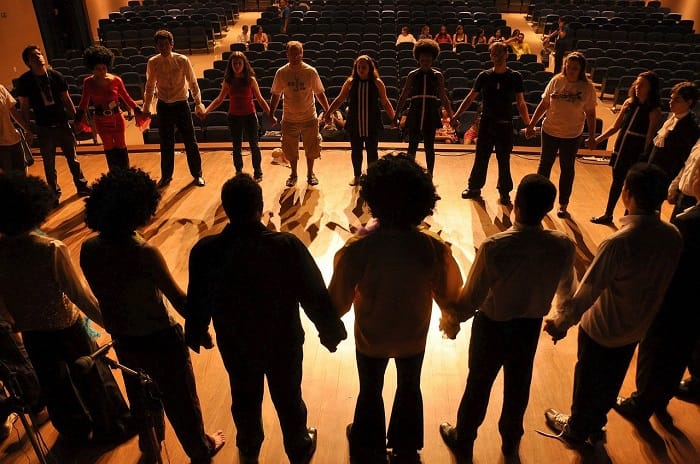
Support group standing and holding hands at a drug and alcohol rehab in Glasgow
Treatment at a drug and alcohol rehab in Glasgow can last anywhere between 7 to 28 days.
Detoxes usually range from around 7-10 days and can be completed alone or as part of a comprehensive treatment programme in Glasgow.
The most common lengths for treatment are typically 14 to 28 days.
The recommended time for your personal programme will be determined during your pre-admission assessment once staff have a greater understanding of the care you require and the severity of your substance abuse.
Recover at a drug and alcohol rehab centre in Glasgow. Call us today on 0800 140 4690
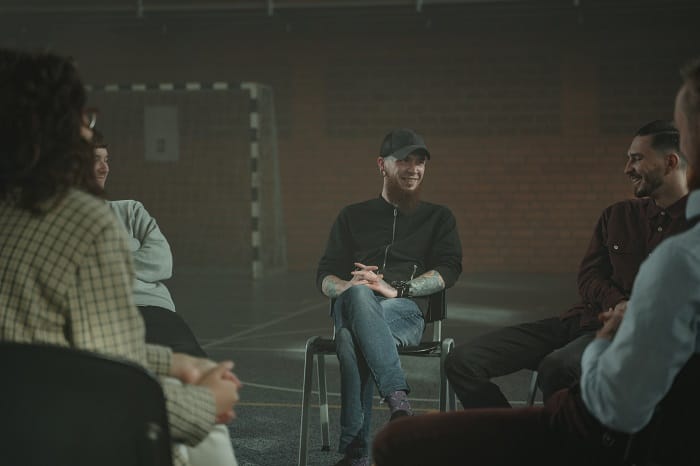
Group therapy in progress at a drug and alcohol rehab in Glasgow
Before you complete your comprehensive treatment programme at a drug and alcohol rehab in Glasgow, a relapse prevention plan will be written up.
It is an essential part of cognitive behavioural therapy and allows you to understand more about the stages of relapsing.
By completing a tailored rehabilitation programme and achieving your recovery milestones, you can begin to develop healthy coping mechanisms making relapses less of a possibility.
To get the help you need from drug or alcohol rehab Glasgow, give our team a call today on 0800 140 4690.
Support workers at your Glasgow rehab clinics will also work with you to help you learn the basic rules of life outside of treatment.
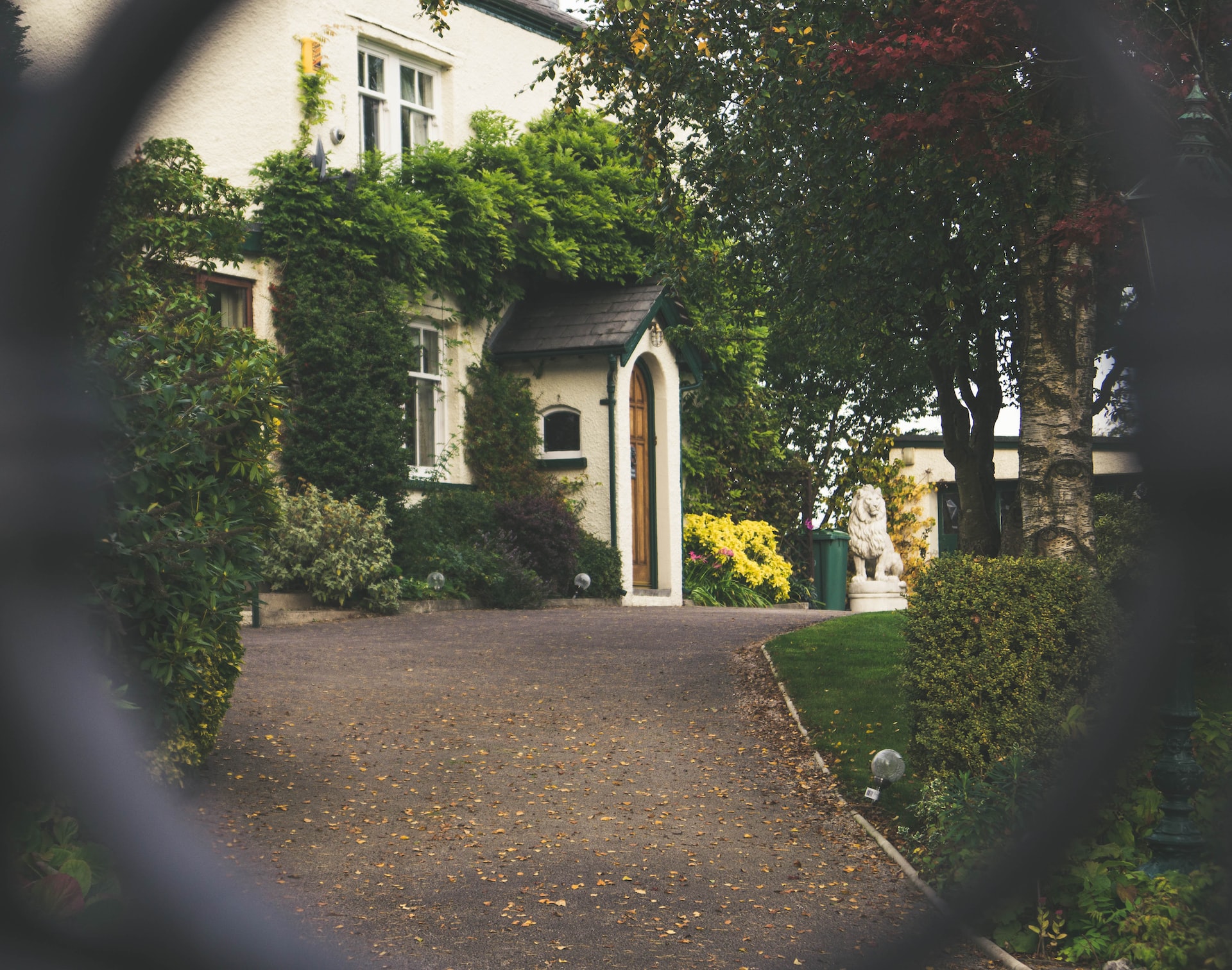
Change your lifestyle. Avoid meeting up with friends or social groups in Glasgow where drinking alcohol or taking drugs is encouraged. Your friends should be supportive of you during this time not tempting you to use substances again.
Be honest at all times. If relapse has occurred, it simply means that your needs are not being met. There is no time limit on rehab in Glasgow, so if you need to re-enter treatment, this can be made possible.
Ask for help. During the first twelve months following rehab treatment in Glasgow, aftercare support will be offered to you, such as sober living houses, by your chosen clinic in Glasgow. If you believe a relapse could happen, reach out to staff before it does.
Practice self-care. Be kind to yourself. Recovery is a very new prospect and mistakes can happen. Finding healthy ways to deal with life events can ensure you are maintaining the skills learned at rehab.
Do not bend the rules. These rules exist to help clients benefit from sobriety and lead healthier, happier lives in Glasgow. Adjusting them to suit your lifestyle where needed means that they may not have the desired effect.
Avoid relapse with the help of a drug and alcohol rehab in Glasgow by calling us on 0800 140 4690

At Rehab 4 Addiction we speak to thousands of people experiencing substance use disorder each year.
While you have a good chance of recovery whatever rehab option you choose, inpatient rehabilitation treatment provides the best level of security.
Residential rehabilitation offers patients an achievable chance of staying in recovery for the rest of their life.
Inpatient care gives you an extra level of protection and guidance.
Other forms of treatment such as outpatient and home-based detox programmes are also available, alongside residential treatment center in Glasgow.
Inpatient addiction treatment programmes offer 24/7 security and a 100% drug and alcohol free environment, to ensure you remain in recovery for the duration of your stay.
For help accessing a personalised rehab programme at drug and alcohol rehab in Glasgow, call our team today on 0800 140 4690

Some of the professionals waiting to help you at rehab include:

Most rehabs allow family visits, although it does vary from clinic to clinic.
Generally you’ll be allowed a number of loved ones to see you.
Check your clinic’s policy on visitations for more information.
To get the help you need from drug or alcohol rehab Glasgow, give our team a call today on 0800 140 4690
We can help you find an addiction rehab treatment in your area
Seeing loved ones at rehab can spur you on and remind you of the things in life you’ve got waiting for you on the outside.
This can be a motivator for change, and help you stay strong.
If you have a relationship where a loved one has enabled your addiction, or a judgemental family member who doesn’t support you, you may feel you’ve taken a backward step after their visit to rehab.

Yes, many of the top rehabs including the inpatient rehabs we recommend offer aftercare as part of the service.
Aftercare programmes involve regular catch-up sessions after you’ve left rehab to check you’re coping well with any triggers.
You’ll be reminded of the tools and coping strategies you learned at rehab, to give you the best chance of long-term recovery.
To get the help you need from drug or alcohol rehab Glasgow, give our team a call today on 0800 140 4690
We can help you find drug or alcohol rehabilitation centres
in your area

Get your Glasgow drug or alcohol psychiatric treatment off to a winning start by calling Rehab 4 Addiction today on 0800 140 4690.
Alternatively, contact us through the website and a member of our team will respond to you shortly.
Start your recovery journey today at a drug and alcohol rehab program in Glasgow.
Every rehab in Scotland that we work with is vetted by the Care Inspectorate.
This article was written by Boris Mackey. You can connect with Boris online at LinkedIn or X.com.

Yes, our helpline is fully confidential. You can receive free advice and support.
If you are thinking about addiction recovery, that’s a strong sign you may need treatment.
Rehab 4 Addiction officers a range of addiction treatments in Scotland, Scotland South, South Glasgow, North East Glasgow and North West Glasgow.
The Care Quality Commission (CQC) is a regulatory body that checks healthcare providers to ensure they meet needs to a high standard.
All of the rehab clinics we recommend meet are CQC assured.
Go to Rehab in Pollokshields, Scotstoun, Govanhill, Drumchapel, Ayr, Paisley, Falkirk, Baillieston, Banffshire, Argyll, Rutherglen, Renfrew, Musselburgh, Berwickshire, Buteshire, Carmyle, Clyde
Delamere, Greater Glasgow and many more Destinations
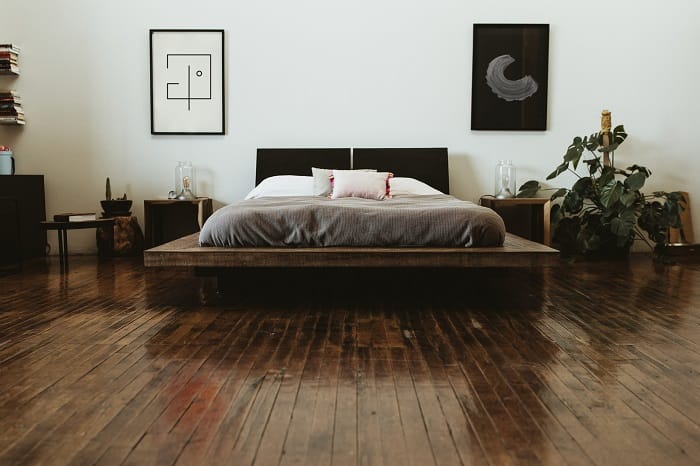
From the Scottish Borders, to the Scottish Highlands, there are rehab centres across the country which can help you to recover.
Centres include Glasgow city centre, Aberdeen, Ayrshire, Edinburgh, Strathclyde, Stirling, St Andrews, Prestwick, Perth, Peebles, Paisley, Motherwell, Midlothian, Lothian, Livingston, Kilmarnock, Irvine, Inverness, Berwick, Hamilton, Glenrothes, Galloway, Falkirk, Dunfermline, Dundee, Dumfries, Dumbarton, Clydebank, Bathgate, Bannockburn, Argyll, Cowcaddens, Crossmyloof, Cumbernauld, East Kilbride, Erskine, Hillington, Hyndland, Kirkcaldy, Mosspark, Mount Florida, North Ayrshire, North Berwick, Pollokshaws, Pollokshields, Renfrewshire, North Lanarkshire, Scotstoun, West Linton, Anniesland, Ayr, Bearsden, Gourock, Aviemore, Shawlands, Shetland, Whiteinch, Coatbridge, Dumbarton, Dunbar, Dunfermline, Airdrie, Fife, Greenock, Kinross, Lanark, Largs, Prestonpans, Rothesay, Rutherglen, West Lothian and Angus.
We can help you to find the most suitable drug or alcohol treatment centre near you.
If you want to travel to Glasgow to go to a Glasgow rehabilitation centre, or go to rehab elsewhere, Glasgow International Airport offers flights to and from a number of other UK and international cities.
 Addiction is often largely misunderstood, with many incorrectly labelling it as a lack of willpower, a moral failing or something that happens after a series of bad choices. When, actually, addiction is much more complex. It can be shaped by a number of things, such as trauma, mental health, the environment you grew up in […] .... Read More
Addiction is often largely misunderstood, with many incorrectly labelling it as a lack of willpower, a moral failing or something that happens after a series of bad choices. When, actually, addiction is much more complex. It can be shaped by a number of things, such as trauma, mental health, the environment you grew up in […] .... Read More